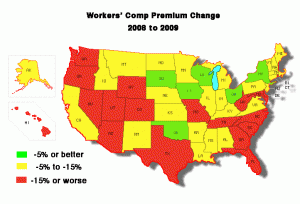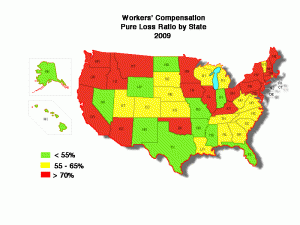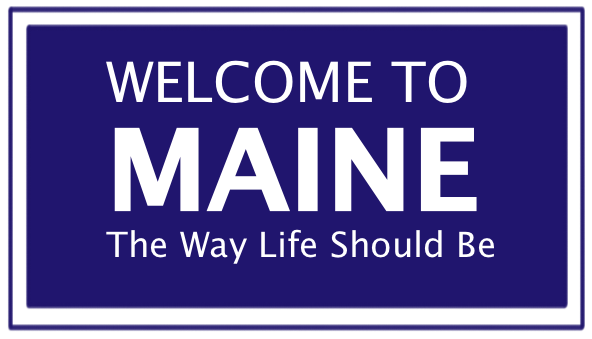This week’s snow has accumulated on the roofs of Maine homes and commercial buildings, increasing the risk of collapse and ice dams. The snow has finally stopped in Portland, Maine – at least temporarily. It’s a good time to evaluate whether you need to remove snow from a roof.
High-Risk Areas – Heavy Snow Load Can Cause Roof Collapse
- Large, flat roofs, or those with less than a 30º slope.
- Heavily insulated roofs
- Roofs with previous structural damage or stress.
- Shaded areas, where snow can freeze into ice.
Evaluate Your Commercial Roof Before Snow Load is Critical
- Create a plot plan to identify skylights, drains and scuppers, wiring and equipment.
- Monitor rooftop conditions throughout the winter to identify ice buildup, blocked drains and snow drifts.
- Use experienced, knowledgeable employees or (preferably) hire an outside contractor.
- Hire only experienced contractors who can provide proof of business general liability insurance.
Warning Signs of Roof Collapse
- Improper operation of doors or windows.
- Deflection of ceiling finishes or exposed beams.
- Roof leaks
- Sprinklers moved from their normal positions
- If you notice these, contact a structural engineer or your local building inspector.
How to Safely Remove Snow from a Roof
- Do not remove snow all the way down to the roof membrane.
- Use plastic shovels – never metal – on your roof.
- Fill a plastic tarp with snow and release over the side of the building, carefully watching where snow is landing to avoid people and property.
- If using a snow blower, adjust to prevent rotating components from contacting the roof surface.
Most Maine business property insurance policies cover roof collapse. Policies do not typically cover maintenance such as snow removal or other prudent loss prevention measures. If you have questions about commercial building insurance, contact the experienced Maine insurance agents at Noyes Hall & Allen Insurance at 207-799-5541.
We’re proud to be agents of Acadia Insurance, MMG Insurance and Hanover Insurance, whose loss control tips which were used in this blog post.









